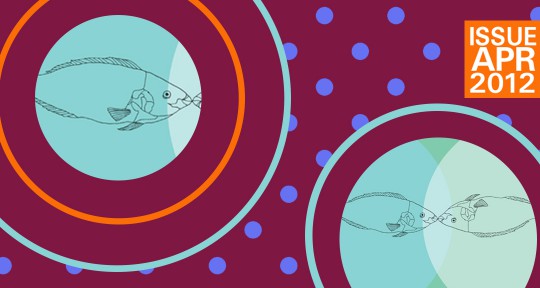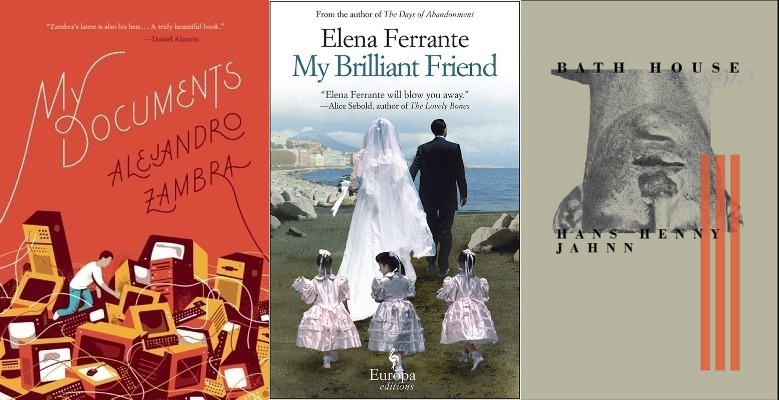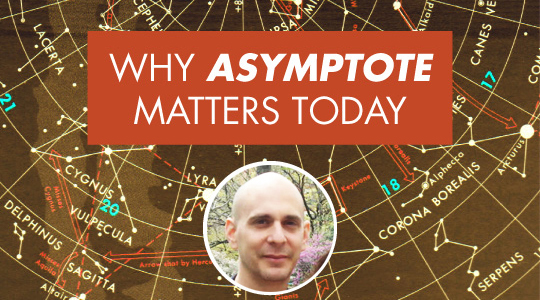Asymptote is featured in the January/February 2012 issue of Poets & Writers and mentioned for the first time at The Millions—we are given the fond nickname, “The Audible Antipodal,” I suppose, in a nod to our multimedia offerings? (Said multimedia offerings recently expanded to include full-screen immersive slideshows in all Visual articles at a whopping cost of USD1,100, out of pocket.) Dalkey Archive approaches me with an offer to edit the inaugural Best Asian Fiction Anthology, modeled after their Best European Fiction Anthology. But there’s a catch: I have to find a sponsor for the series (who would be willing to part with $85,000 per annum), and I would only get $5,000 for the editing gig. Given how hopeless I am at fundraising, then, this is not going to happen. One detail from our discussion sticks, however. Given the state of China-Taiwan relations, Dalkey Archive thinks Taiwan will be “tricky,” just as Macedonia was eventually dropped because Cypress did not want to be included in the same lineup as Macedonia (with its current name) in the European counterpart. Ah, politics. Here to introduce the Spring 2012 issue is contributing editor Adrian Nathan West.
Even a casual reader who spends time overseas will notice something odd about English-language publishing. Just recently, at my favorite bookstore, La Central in Barcelona’s Raval, I saw, set out on shelf displays or on tables, books by Virginie Despentes, Mircea Cartarescu, and Han Kang—all available in Spanish and Catalan translation. In the US and UK, in places where bookstores still exist, translation is treated, at best, as a genre—though many talented independent bookstores are trying to change this. The figure 3% is often bandied about as the proportion of translated books published in English; this is bad enough, but the figure may well be optimistic (the figures for poetry and fiction are available at the translation database at Three Percent). Those masochistic enough to read reviews at Amazon or goodreads will see the same absurd prejudices against translated literature crop up over and over again; while professional translators cannot help but be dismayed at the inveterate willingness of large publishers to fork over lavish advances to plodding has-beens while keeping at arm’s length writers of undeniable stature from other countries. The stereotype persists—translated literature doesn’t sell—and neither Knausgaard nor Ferrante have done much to change it.
Nor do journals and magazines provide much of a haven for readers who want to know what is happening elsewhere. While a cornucopia of poorly funded, university-based journals offers prospective writers and translators next-to-no visibility, more famous outlets, many of which state in their masthead a willingness to publish the new, the daring, and the uncategorizable, go on cranking out one mind-numbing workshop story after another. Then, up in the ether, are the Atlantic, the New Yorker, the Paris Review, and their ilk, at the gates of which the translator lingers like poor K. before the portal of Kafka’s castle. READ MORE…




